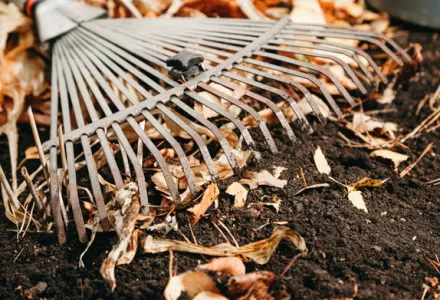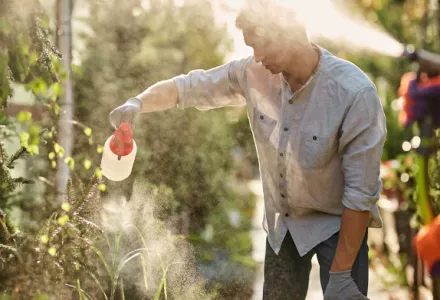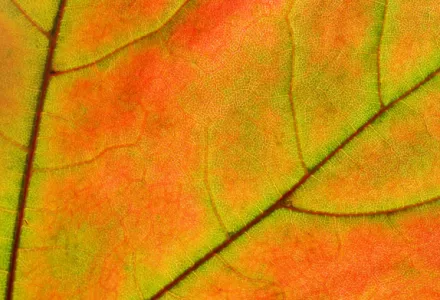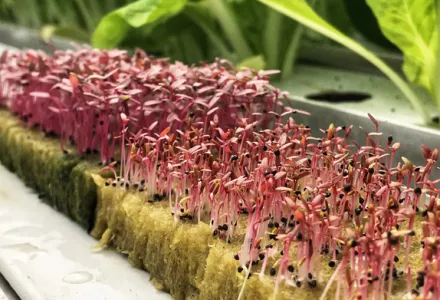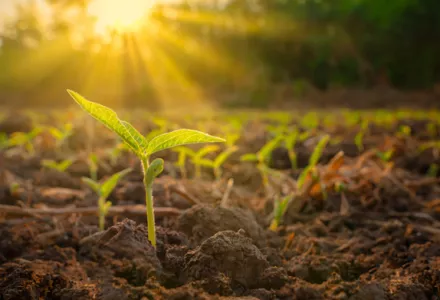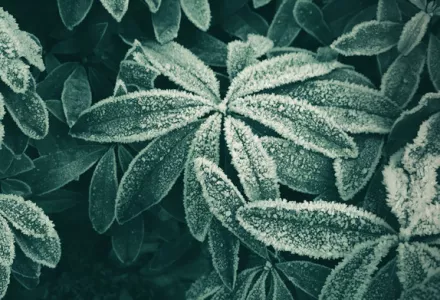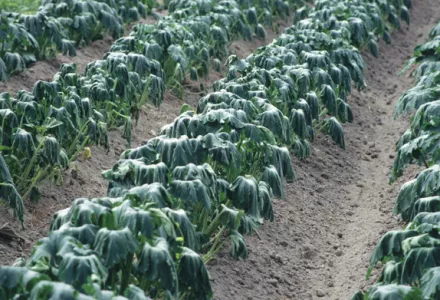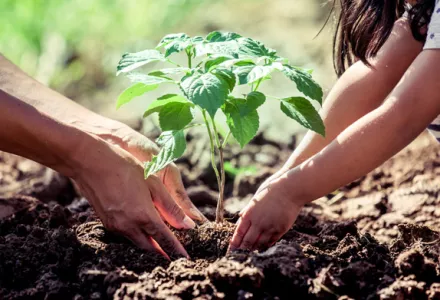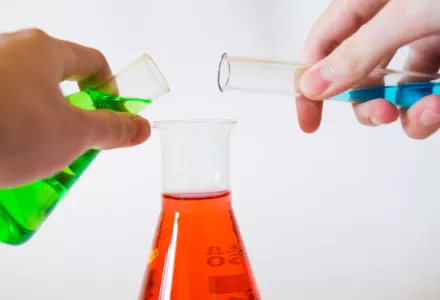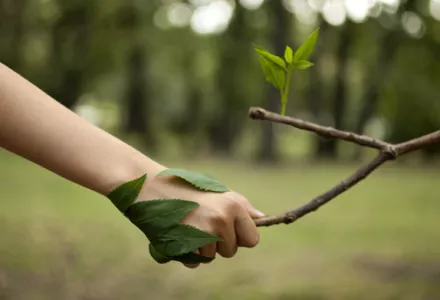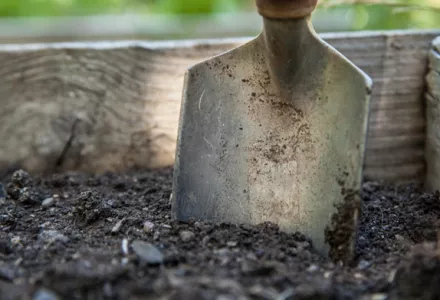Whether you´re growing in soil or hydroponics, understanding plant growth phases from veg to bloom is an important key to high yields and healthy harvests! Upon looking closely at your garden, you'll see the plant parts that work together for amazing growth to happen – and how nutritive demands change throughout developmental stages
As a seed starts sprouting, it feeds off the fleshy cotyledon that makes up the seed itself. Similarly, cuttings rely on energy stored in their stems to grow a callous of unspecialized cells and start sprouting from there. But once a seedling grows its first leaves, it's time to kick start the vegetative stage. During this phase, the plant needs a lot of nitrogen to support its growth spurt. Nitrogen is like a key ingredient for chlorophyll pigment – which makes a plant shine green! Nitrogen is also needed for nuclear acids, proteins, lipids, and vitamins. So, keep an eye out for any nitrogen deficiencies, which you'll spot first in older plant parts that turn yellow. As long as the grow conditions are right, your plants will continue to grow upwards and outwards from apical buds, with each vegetative shoot splitting off more nodes in the process.
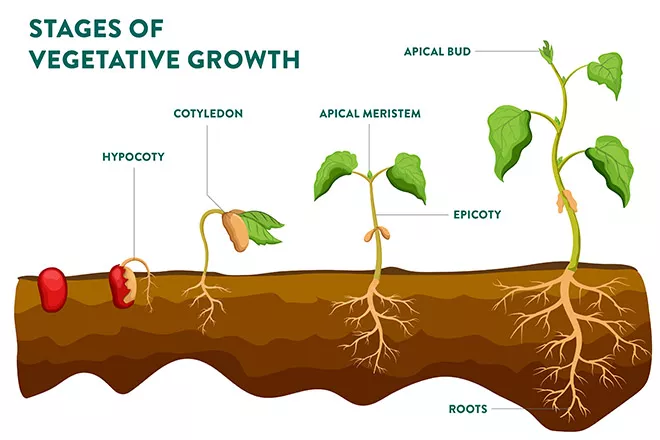
As the plant grows and heads toward the flowering stage, it's time to slow down its vegetative growth. This transition is based on the plant's photoperiod sensitivity, which is a fancy way of saying how it responds to day length. Some plants, like hemp, soybean, and those chrysanthemums sitting on porches in the early Fall, need shorter days to start putting on flowers. Hemp also has day-neutral varieties, lovingly called 'auto-flowering,' which flower based on the plant's age. Other day-neutral plants you might see in your garden are tomatoes and cucumbers. Then, there are the long-day plants found in your salad bar, such as spinach and lettuce, which start to seed after long, warm days. Plants can also switch to flowering for stress reasons like excess heat, drought, or nutrient depletion – all of which encourage the plant to reproduce and pass on seed, before they no longer can.
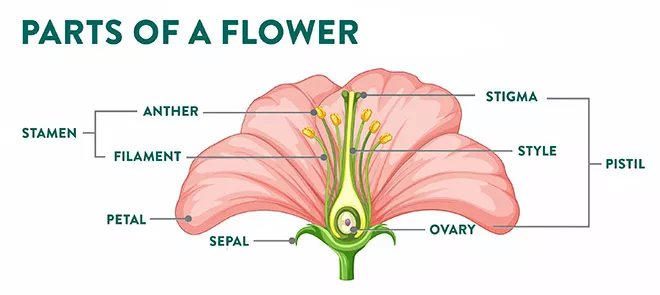
When it's time for flowers to set, pollen gets carried away by different agents like insects, wind, water, and birds, and eventually lands on flower stigmas. From there, it travels down the style and into the ovary, where a new seed is formed. It's like plant dating, and every seed in your apple core is proof that this love connection worked out! Plants that are considered 'indeterminate' will continue this dance well into a growing season and keep fruiting – so long as environmental conditions allow them to continue to grow. Most cherry tomatoes are indeterminate, so you can nibble on them all season long. On the other hand, determinate plants like Roma tomatoes all put on fruit at the same time (roughly) and then stop growing, ready to be thrown into your summer red sauce.
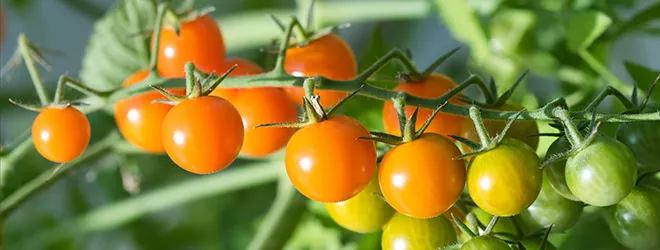
As flowers set seed and ripen their fruit, their nutritive demands shift from high nitrogen to instead needing a higher amount of phosphorus and potassium. Phosphorus is needed for nuclear acids and the fatty/waxy parts of the plant like lipids, cutin, and terpenes. It's also key for energy metabolism and makes up the 'P' in ATP (adenosine triphosphate) which is like a commerce coin for all energy exchanges in the plant. If you want to grow, eat, sweat or defend as a plant, you need ATP. Potassium is like a gatekeeper within the plant – serving to balance the water going into and out of the plant through osmosis, the stomata, and transpiration. It also controls the enzyme process with carbohydrate and protein synthesis and helps with pest and disease resistance.
During rapid flower and fruit growth and peak phosphorus and potassium demand, a little extra support can push along yields and final harvests. At CANNA, we turn to PK 13/14 during that phase, so the right amount of input is provided just for when the plant needs it. Monitor your plants closely to stay in touch with its needs and changes in the environmental conditions for which you may need to compensate. As always, feel free to reach out to your friendly CANNA team with any questions.

